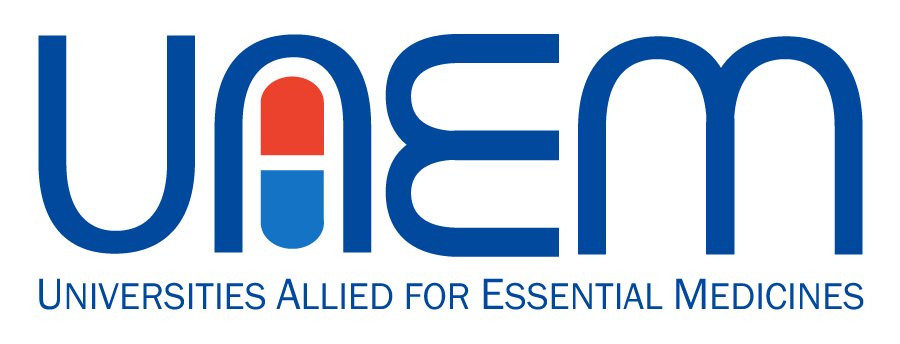UAEM Student Leaders Brief Hill Staff on Biomedical Innovation Access Priorities
September 12, 2025 - Washington, DC
UAEM advocates gathered in Washington, DC on September 12th to discuss UAEM’s legislative priorities with the staff of five representatives: Congresswoman Julia Brownley (CA-26), Congresswoman Rosa DeLauro (CT-03), Congressman Greg Landsman (OH-01), Congressman Derek Tran (CA-45), and Congresswoman Angie Craig (MN-02).
Throughout the meetings, UAEMers focused their advocacy on two priorities: 1. Pushing for the expansion of the National Institutes of Health to increase the Institute’s impact on access to biomedical innovation, and 2. Preserving the strength of the Medicare Drug Price Negotiation Program.
UAEM advocates briefed legislative staff in each office on a proposal to establish a public option for full-cycle drug research and development (R&D) within the National Institutes of Health. Currently, pharmaceutical companies charge unaffordable prices for drugs developed with taxpayer support and prioritize profit-driven products over those that address public health needs. Enabling the US government to develop medicines from start to finish would help ensure that innovation extends to unmet health needs while driving down drug prices through innovation and increased competition.
Additionally, UAEMers discussed the harmful implications of the Ensuring Pathways to Innovative Cures (EPIC) Act, a bill that the pharmaceutical industry is lobbying aggressively in support of. The EPIC Act would extend the time that small molecule drugs are exempt from Medicare price negotiation from nine to thirteen years, further delaying patients’ affordable access. Congress established the Medicare Drug Price Negotiation Program in 2022, a landmark reform that, for the first time ever, allows Medicare to negotiate prices for drugs. This program is a huge win for patient access and affordability, and restricts patent monopolies from continuing to drive up the cost for the most expensive drugs. UAEM student leaders urged each Representative to firmly oppose any bill that undermines the program and extends pharmaceutical monopoly pricing power.
With the pharmaceutical industry spending millions of dollars each year lobbying Congress, UAEMers shared an important perspective as researchers, students, and advocates for the public interest, underscoring the implications of prioritizing corporate interests over public health.
“Having the skill and the confidence to engage in conversations with my elected representative is one of the main reasons I joined UAEM,” shared Rahil Modi, a leader of UAEM’s Access Committee. “I'm grateful to have had the privilege to develop those skills and put them into practice!”



